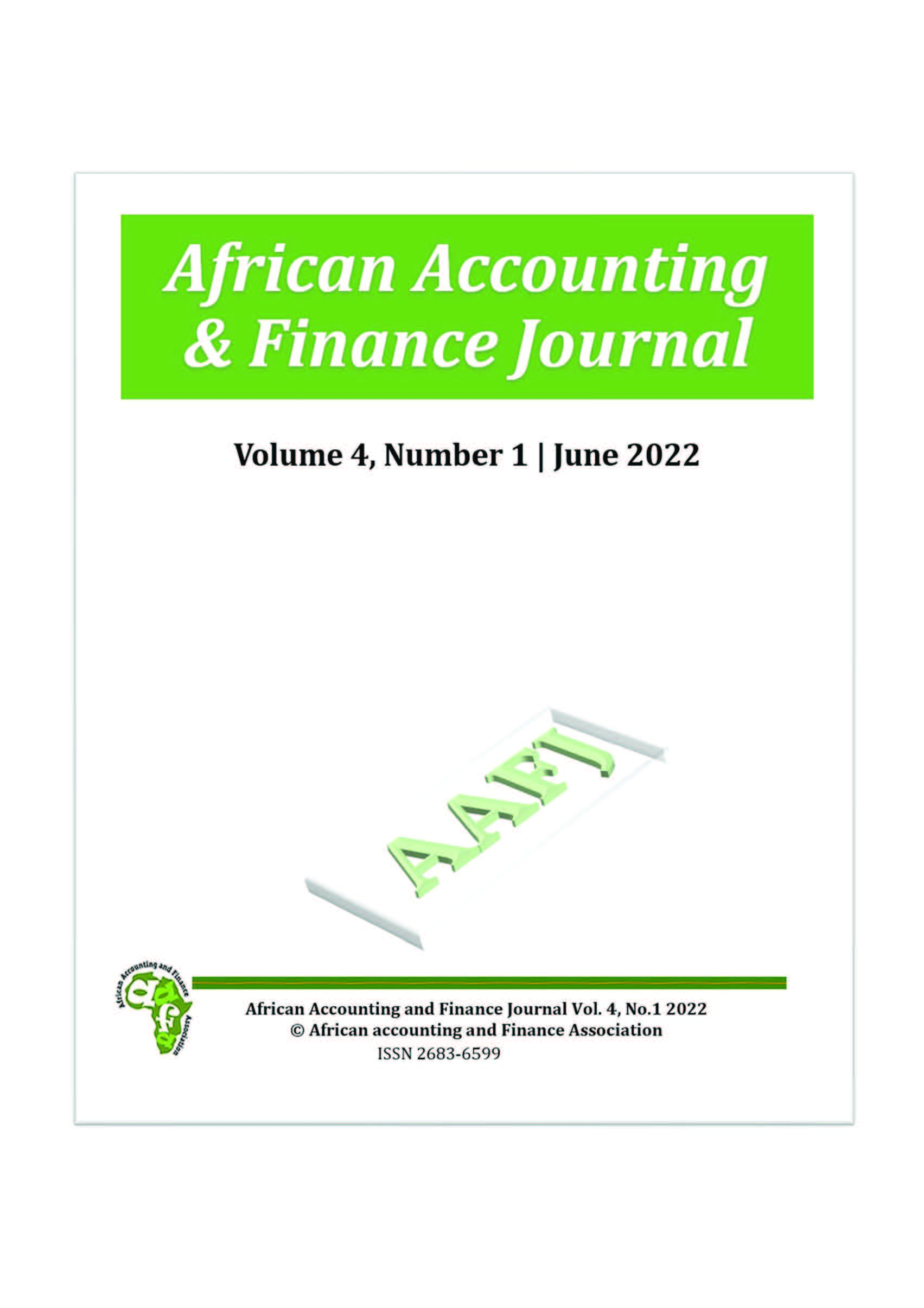Theorising the ‘African problem’ with governmentality and counter conduct
DOI:
https://doi.org/10.26686/aafj.v4i1.9701Keywords:
African problem, governmentality, counter conductAbstract
The ‘African Question’ - why Africa remains trapped in poverty despite its vast natural resources - has been a subject of enduring scholarship of critical accounting. Therein, dynamics of neopatrimonialism, crony capitalism, patronage politics and articulation of two publics have been used as theoretical bases to explore the multitude of accounting and accountability issues through which the African problem has manifested. The dominating role of the World Bank and alike has also been discussed in exploring the ways in which this problem has been attempted through neoliberal economic policies that favour market-oriented solutions and various techno-managerial packages of accounting and good governance. We approach this question from theoretical angles of governmentality and counter-conduct. We argue that the accounting implications of the African problem can be better theorised by contextualising, historicising, and particularising them within the theoretical parameters of governmentality and counter conduct.
Downloads
Downloads
Published
Issue
Section
License
Papers and contributions become the legal copyright of African Accounting and Finance Association unless otherwise agreed



